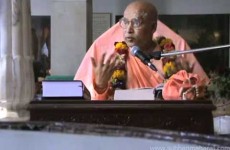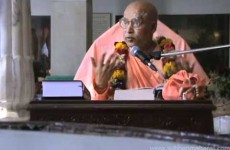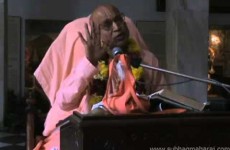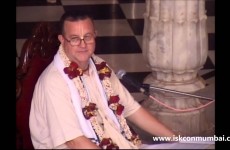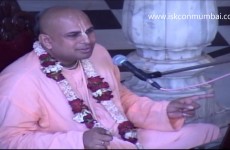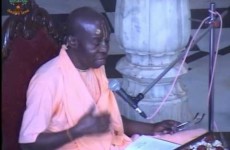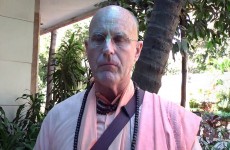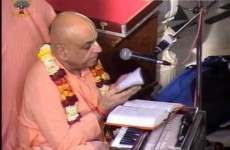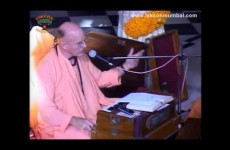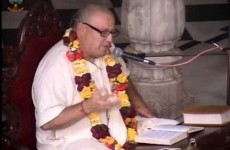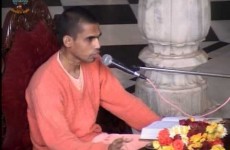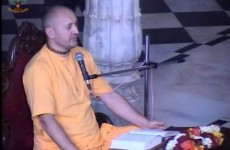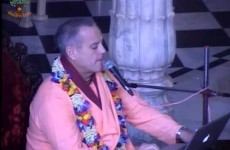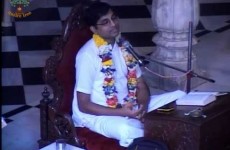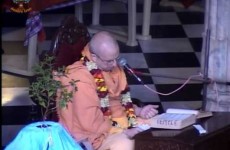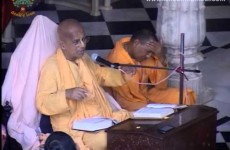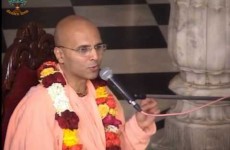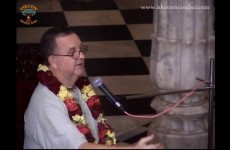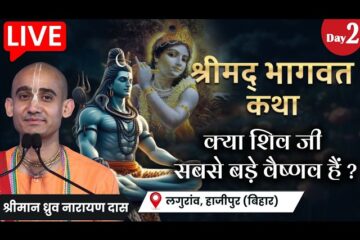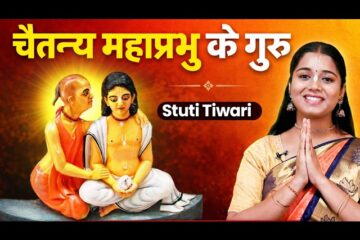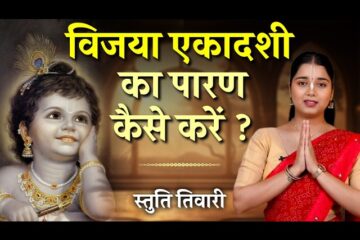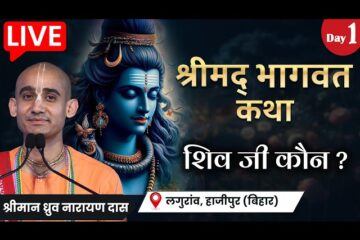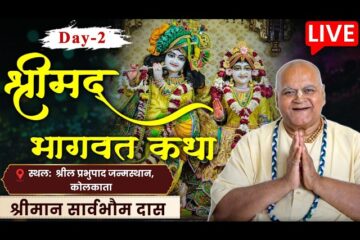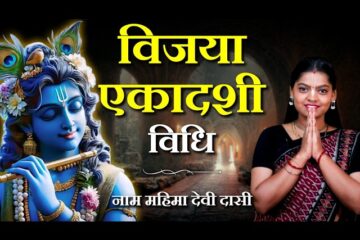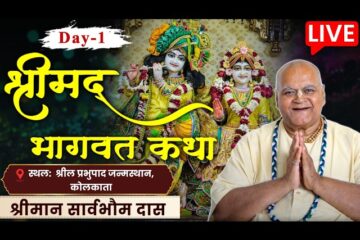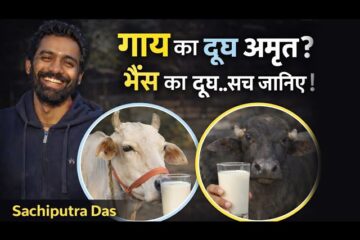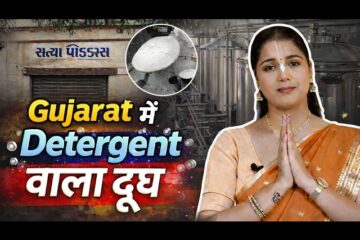SB 06 04 04 by H.G. Devakinandan Prabhu at ISKCON Juhu on 20th February 2014.
śrī-śuka uvāca
yadā pracetasaḥ putrā
daśa prācīnabarhiṣaḥ
antaḥ-samudrād unmagnā
dadṛśur gāṁ drumair vṛtām
Translation:
Sukadeva Gosvami said: When the ten sons of Pracinabarhi emerged from the waters, in which they were performing austerities, they saw that the entire surface of the world was covered by trees.
Purport:
When King Pracinabarhi was performing Vedic rituals in which the killing of animals was recommended, Narada Muni, out of compassion, advised him to stop. Pracinabarhi understood Narada properly and then left the kingdom to perform austerities in the forest. His ten sons, however, were performing austerities within the water, and therefore there was no king to see to the management of the world. When the ten sons, the Pracetas, came out of the water, they saw that the earth was overrun with trees.
When the government neglects agriculture, which is necessary for the production of food, the land becomes covered with unnecessary trees. Of course, many trees are useful because they produce fruits and flowers, but many other trees are unnecessary. They could be used as fuel and the land cleared and used for agriculture. When the government is negligent, less grain is produced. As stated in Bhagavad-gītā (18.44), kṛṣi-go-rakṣya-vāṇijyaṁ vaiśya-karma svabhāva jam: the proper engagements for vaisyas, according to their nature, are to farm and to protect cows. The duty of the government and the kṣatriyas is to see that the members of the third class, the vaisyas, who are neither brahmaṇas nor kṣatriyas, are thus properly engaged. Kṣatriyas are meant to protect human beings, whereas vaisyas are meant to protect useful animals, especially cows.
For more lectures on Srimad Bhagavatam –
http://www.youtube.com/playlist?list=PLhtmKWc6vRTA-FSsBHtbS53r4R2DkALM5
For lectures on Srimad Bhagavad Gita — As It Is
http://bhagavadgitaclass.com/
For more details contact us on –
http://www.iskcondesiretree.net/










